Konrad Junghanel - Rosenmüller: Weihnachtshistorie (2004)
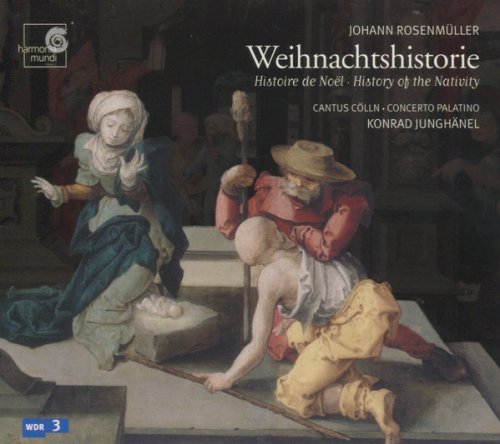
Artist: Konrad Junghanel
Title: Rosenmüller: Weihnachtshistorie
Year Of Release: 2004
Label: Harmonia Mundi
Genre: Classical
Quality: FLAC (tracks + .cue, log, scans)
Total Time: 77:20 min
Total Size: 382 MB
WebSite: Album Preview
Tracklist:Title: Rosenmüller: Weihnachtshistorie
Year Of Release: 2004
Label: Harmonia Mundi
Genre: Classical
Quality: FLAC (tracks + .cue, log, scans)
Total Time: 77:20 min
Total Size: 382 MB
WebSite: Album Preview
1 Es waren Hirten auf dem Felde bei den Hürden 7:54
2 Nihil novum sub sole 10:49
3 Christus ist mein Leben und Sterben mein ist mein Gewinn 7:08
4 Lieber Herre Gott 3:06
5 Gloria in excelsis Deo 11:12
6 Ich freue mich in Dir und heiße dich willkommen 11:06
7 O Nomen Jesu 3:43
8 Entsetze dich, Natur 21:29
Germany's Konrad Junghänel identifies himself primarily as a lutenist, and it was in that capacity that he first became known for sheer virtuosity combined with mastery of style and ornamentation technique. His lute repertory, centered on the German Baroque standards of Silvius Leopold Weiss (whose complete works he has recorded to critical and prize-committee acclaim) and J.S. Bach, numbers some 100 pieces, and he has served as soloist or as part of the continuo group (on various stringed instruments, including theorbo) with top-level historical-performance groups such as La Petite Bande and Les Arts Florissants, as well as his hometown Musica Antiqua Köln. Junghänel is unusual in that he is among the few lutenists to make the leap to conducting. He founded the group Cantus Cölln in 1987 and has pursued the goal of exploring neglected choral repertory of the High Baroque; his Trauer Actus recording of a funeral cantata by the youthful Telemann in 2002 won special acclaim, and he has been one of the few conductors exploring the intense and somewhat experimental choral music of Buxtehude. Junghänel is one of the leading German adherents of the one-voice-per-part practice in performing choral music of the German Baroque pioneered by American conductor Joshua Rifkin; his Harmonia Mundi recording of Bach's Mass in B minor, BWV 232, adopts that approach. Junghänel has emerged as a conductor in the expanding field of Baroque opera, as well, serving as conductor in Was liegt die Stadt so wüste, the innovative staging by Herbert Wernicke of music by Schütz, as well as more explicitly operatic works such as Cavalli's La Calisto. He has been a member of the faculty at the State University for Music in Cologne since 1994. -- James Manheim
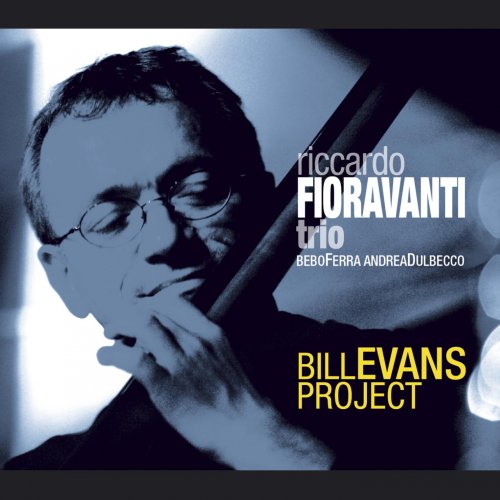
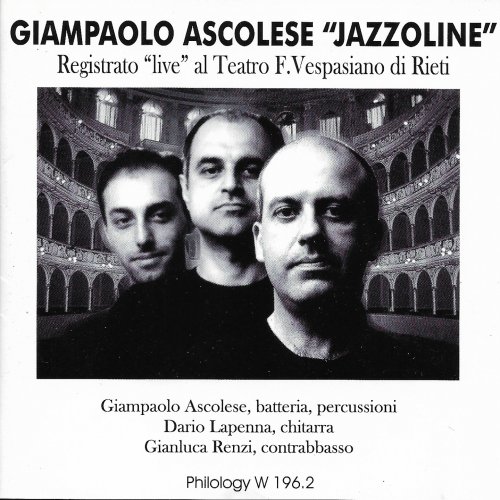
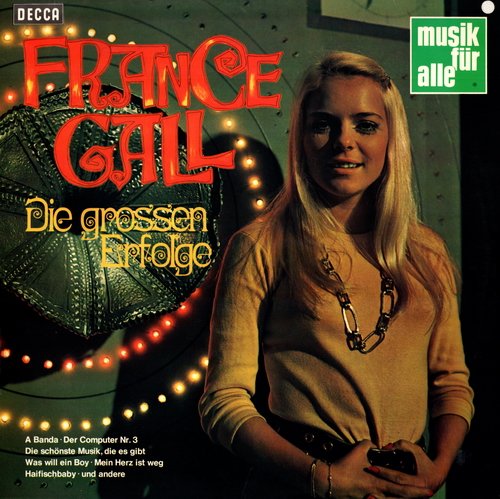
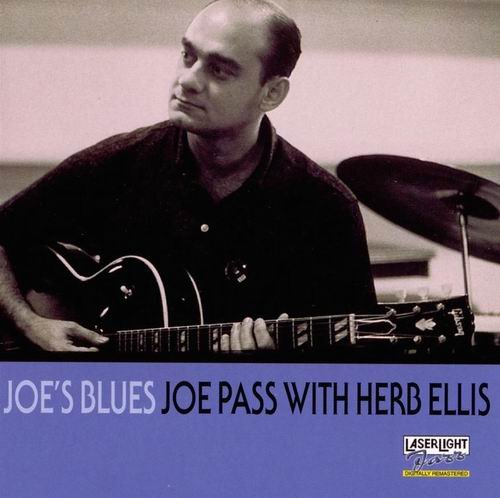
![Victoria Alexanyan - VISHAP (2026) [Hi-Res] Victoria Alexanyan - VISHAP (2026) [Hi-Res]](https://img.israbox.com/img/2026-02/06/fp18m8tfhi28on3z9gks3ab7v.jpg)
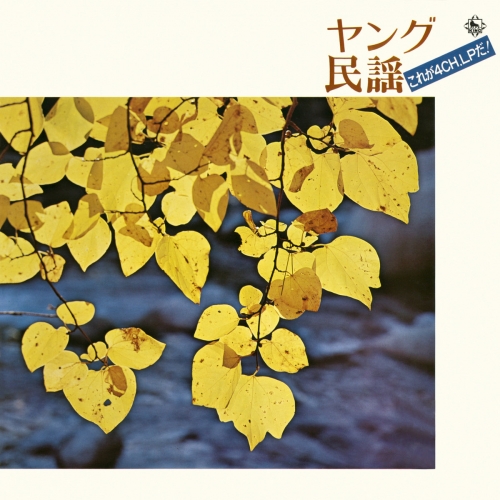
![Miles Davis - Kind Of Blue (1959) [2022 DSD256] Miles Davis - Kind Of Blue (1959) [2022 DSD256]](https://www.dibpic.com/uploads/posts/2026-02/1770649861_front.jpg)
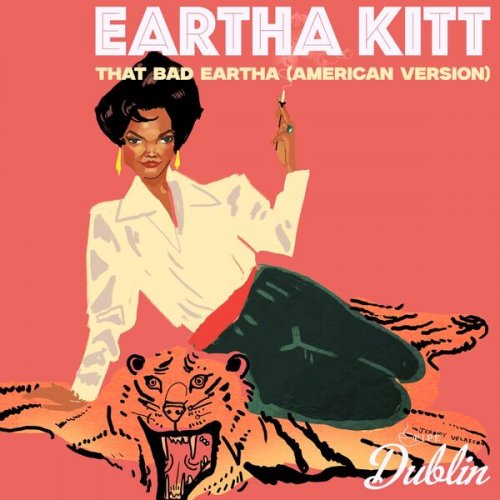
![Abraham Réunion - Jaden an nou (2026) [Hi-Res] Abraham Réunion - Jaden an nou (2026) [Hi-Res]](https://www.dibpic.com/uploads/posts/2026-02/1770745777_folder.jpg)